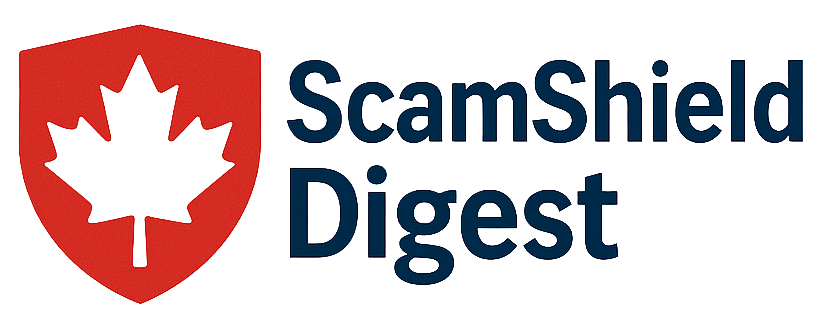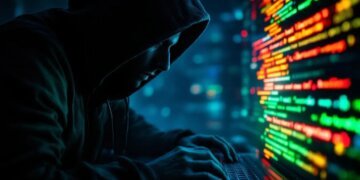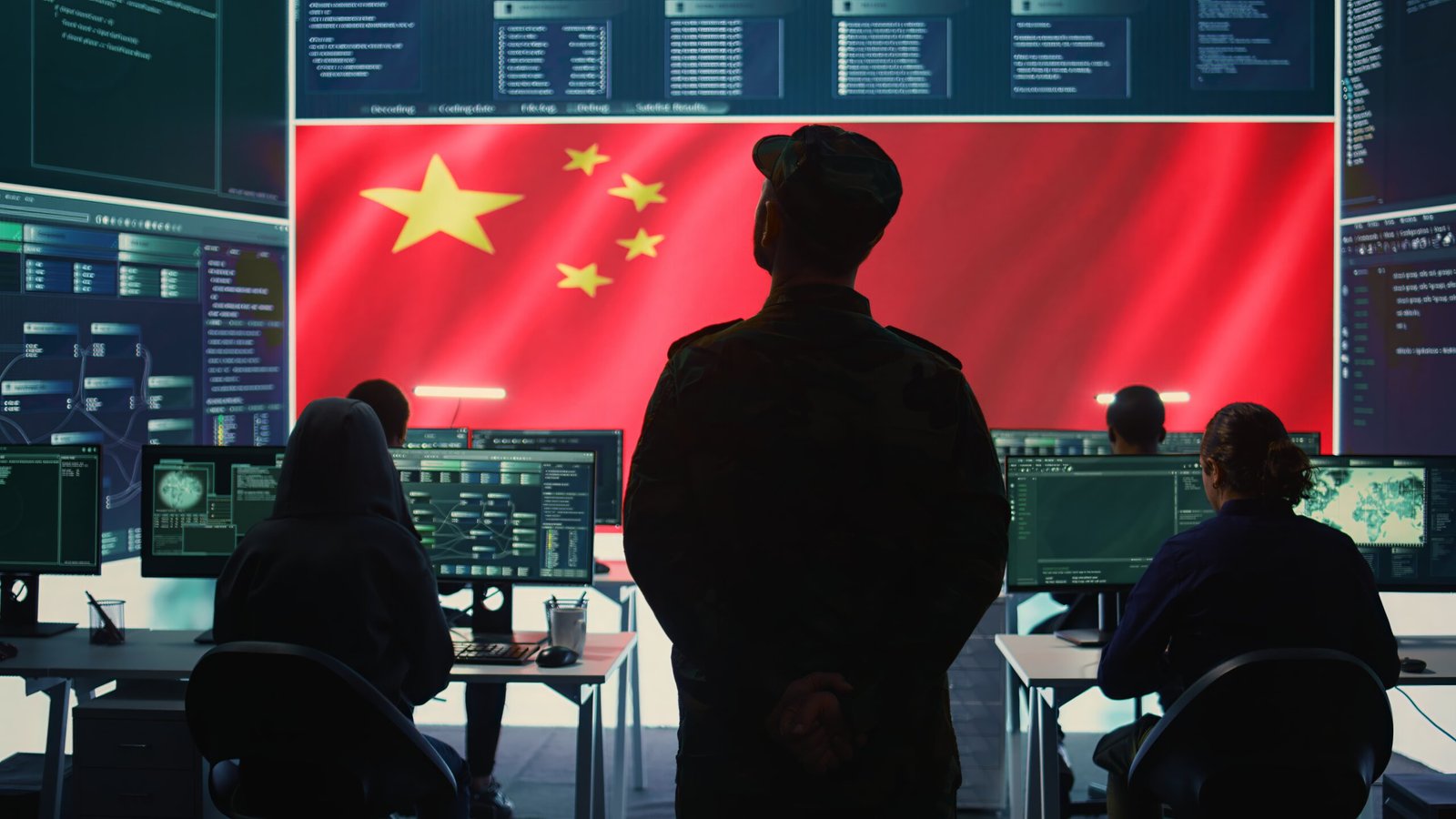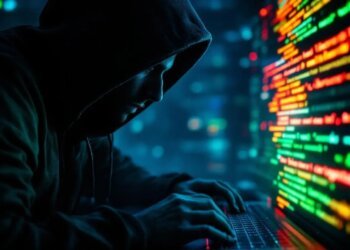ScamShield Digest
⚠️ Top 5 Cyber Hacks of 2025 (So Far) — What You Need to Know to Stay Safe
TL;DR
- CCP backed Salt Typhoon espionage hit telecoms in 80+ countries.
- AI-generated ransomware is now a real threat.
- CCP backed Microsoft SharePoint zero-day exploited by nation-state actors.
- Supply chain breaches at Qantas & Allianz exposed millions.
- St. Paul ransomware attack shut down city services.
- Lesson: Even the biggest organizations are vulnerable — staying alert matters more than ever.
✈️ Salt Typhoon: Telecom Espionage Goes Global
One of the biggest stories of 2025 so far is the Salt Typhoon campaign, linked to Chinese state-backed hackers. Attackers infiltrated telecom systems in more than 80 countries, stealing call records, tracking law enforcement communications, and spying on infrastructure like utilities and transport.
Why it matters: If global telecom giants can be compromised, it shows how deeply attackers can reach into critical services people rely on every day.
🤖 AI-Generated Ransomware Emerges
Cybercriminals are now using generative AI tools to create ransomware automatically. AI accelerates writing malicious code and lowers the barrier to entry, allowing even less-skilled attackers to launch complex campaigns.
Why it matters: Ransomware is already damaging; adding AI makes it faster, cheaper, and harder to stop. Expect more copycat attacks built by criminals who don’t need to be expert programmers.
✈️ Supply Chain Breaches: Qantas & Allianz
Supply chain attacks — where hackers compromise an outside provider — continue to grow. The Qantas breach exposed up to 6 million customer records, including frequent flyer details. The Allianz Life breach affected about 1.4 million customers through a compromised cloud CRM.
Why it matters: Even if your airline, insurer, or bank invests in security, they can still be exposed through third-party vendors. Supply chain risk is one of cybersecurity’s hardest problems.
🏙️ St. Paul Ransomware Attack
In one of 2025’s most dramatic ransomware events, the city of St. Paul, Minnesota was hit by the group Interlock. Networks were shut down, services frozen, and 43 GB of sensitive data leaked. A state of emergency was declared, and the National Guard was deployed.
Why it matters: This wasn’t just a corporate breach — it disrupted everyday life for thousands. It shows how ransomware can halt public services and create real-world chaos.
📌 What This Means for You
If governments, airlines, insurers, and entire cities can be hacked, no one is completely immune. But everyday people are not powerless.
- Seniors and families: Avoid suspicious links, keep devices updated, and use strong passphrases.
- Advisors and professionals: Watch vendor risk and ask how third parties protect your data.
- Everyone: Be skeptical of urgent emails, “too-good-to-be-true” offers, and unexpected requests for payment info.
✅ How to Stay Safe (Quick Checklist)
- Use strong, unique passwords for every account.
- Turn on multi-factor authentication (MFA) wherever possible.
- Keep computers and phones set to automatic updates.
- Be cautious with links — pause and verify before clicking.
- Report suspicious activity to the Canadian Anti-Fraud Centre.
Share this: Help a friend or family member stay safe by sending them this guide.






















